I’d like to thank The Beatles Story for asking me to take part in their 50th anniversary celebration for Let It Be.
I’m going to be writing specifically about the track, ‘Get Back’, but I want first to consider whether we should really be celebrating Let It Be. It is, after all, the album which marked their break-up, and considering how the documentary film about the album was withdrawn shortly after release, The Beatles clearly felt uncomfortable about exhibiting their dirty linen in public. We are now going to see the sessions again via a re-edited film by Peter Jackson and I suspect the rifts will be no more than a few hissy fits with no fisticuffs. After all, The Beatles weren’t Oasis, although, in another sense, Oasis wanted to be The Beatles.
Unlike most Beatles fans though, I celebrate ‘Get Back’ and I am glad that The Beatles broke up. Why should I think that?
Quite simply, The Beatles contained two, possibly three, geniuses. As they got going, Paul’s genius inspired John’s genius and this led to an explosion of brilliant music. At first the albums they made had some conformity, but by 1965 John and Paul were writing separately and with very different objectives. ‘Rubber Soul’ had John tracks and Paul tracks, and this was even more marked on Revolver and Sgt Pepper. George was also swinging into action and ‘The White Album’ is pretty much a collection of solo efforts. Ironically, it was George who was the first to leave The Beatles. Their press officer, Tony Barrow, told me that after the concert at Candlestick Park in 1966, George got on the plane and said, “That’s it. I’m not a Beatle any more.”
George was talked out of it but the three front men wanted to pursue separate projects and perhaps they should have taken a break for a few years and then come back together, but no bands did that back then. I don’t know if anyone even thought of it.
In order to fulfil a movie contract, The Beatles were filmed writing and recording an album. Rather like a prototype for ‘Big Brother’, they spent much of January 1969 on a soundstage at Twickenham Film Studios. They often resented each other’s company and there were few days when all four musicians worked happily together.
George Harrison hated the atmosphere and thought that if he brought in an outsider whom they all respected, something good might happen. He asked the organist Billy Preston to join them. They had first met Billy Preston when he was backing Little Richard at the Star-Club in Hamburg in 1962 and then later when he was touring with Ray Charles. He made a number of solo albums in the Sixties and one of them was cheekily called ‘The Wildest Organ In Town’!
Paul saw the possibilities in having Billy around. Well, they all did – they could have fun with the wildest organ in town. You can imagine Paul thinking, “Let’s get back to our rock and roll roots” and there’s your title. He wrote a song with a Chuck Berry riff and its message was aimed at himself and the other Beatles, “Let’s get back to doing what we can do so well.”
John, always paranoid, thought that the song was directed at Yoko Ono. ‘Get Back’ was tried in several forms and Paul even wrote satirical verses, one of which was castigating the extreme right-wing views of the MP Enoch Powell.
The most likely source for the name Jo Jo is Chuck Berry’s 1958 record, ‘Jo Jo Gunne’. It is not a reference to Denny Laine’s wife, Jo Jo, whom Denny hadn’t even met at the time. Paul has said, “Jo Jo was a fictional character, half man, half woman, all very ambiguous.” This plugged into the Zeitgeist as a little earlier we had had The Who with ‘I’m A Boy’ and on the horizon was Johnny Cash with ‘A Boy Named Sue’ and The Kinks with ‘Lola’.
As for Loretta Martin, I don’t know. Loretta sounds like a name from a Chuck Berry song but he never used it, and my guess would be ‘Lovely Loretta’ by Gene Vincent. ‘Martin’ could be a little thank you to George, and we all know what California grass is!
The reference to Tucson, Arizona is easier to understand as it is a nod to Linda McCartney who lived there from 1962 to 1965 with her first husband: their daughter, Heather, was born there.
Rather than an organ, Billy Preston was playing an electric piano and Georgie Fame commented, “Not many people had heard an electric piano being played the way he played it. It sounds like a Hohner because it has a fairly metallic sound. It added another dimension to the band and it was perfect for that ‘Get Back’ wallop.”
‘Get Back’ was released as an A-side in April 1969 with Billy Preston getting a co-billing. It was No.1 for six weeks. Billy Preston then recorded for Apple and had his own hit with ‘That’s The Way God Planned It’. ‘Get Back’ was produced by George Martin and differs from the LP version, which was remixed from the session tapes by Phil Spector. Oddly, ‘Get Back’ was followed by ‘The Ballad Of John And Yoko’ but this time it was John who borrowed from Chuck Berry – and John did it again in ‘Come Together’.
The Beatles regretted making the ‘Let It Be’ album and encouraged by George Martin, they made a disciplined studio album, Abbey Road, before saying goodbye and taking their grievances to court.
In my alternative scenario, The Beatles could have regretted Let It Be but said, “Let’s go out with one master show” and agreed to top the bill at Woodstock. But would that have worked ? Could they have bettered Jimi Hendrix and The Who? And could they have done ‘With A Little Help From My Friends’ better than Joe Cocker? Certainly not with Ringo singing.
Their split though was the right move as John and Paul could spend time on their own projects and creativity. The real beneficiary though was George Harrison. For years he had been held back as Lennon and McCartney had dominated the albums and he gave it his all on the triple-album All Things Must Pass, and then showed his humanitarian side with the Concert For Bangla-Desh, the first great rock concert for charity.
I have hardly mentioned Ringo in all this but his rock-solid drumming helps to make ‘Get Back’ the barnstorming rock and roll that it is. A fellow drummer, Bev Bevan of ELO, said it best. “Ringo’s drumming is great on ‘Get Back’ but like me, he was no Buddy Rich. He was the same as me – a real bricklayer.”
Please note: The quotes from Tony Barrow, George Fame and Bev Bevan have come from Spencer Leigh’s programme, ‘On The Beat’, for BBC Radio Merseyside. Spencer’s new book, ‘Could This Be Magic; The Story Of Doo-Wop’ was written during lockdown and is available on Kindle. Check out the links between doo-wop and the Beatles.
– Spencer Leigh
Spencer is a BBC radio presenter and author, with particular expertise in the development of pop and rock music, especially and culture in Britain.
More in this series

‘Across The Universe’ by Jon Keats #LetItBe50
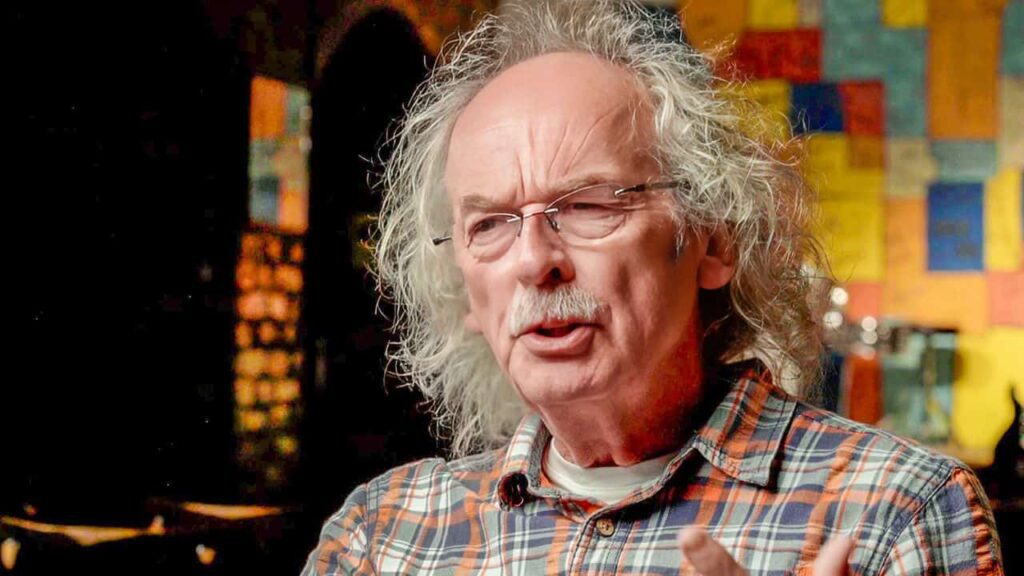
‘Dig A Pony’ by Mike Brocken #LetItBe50
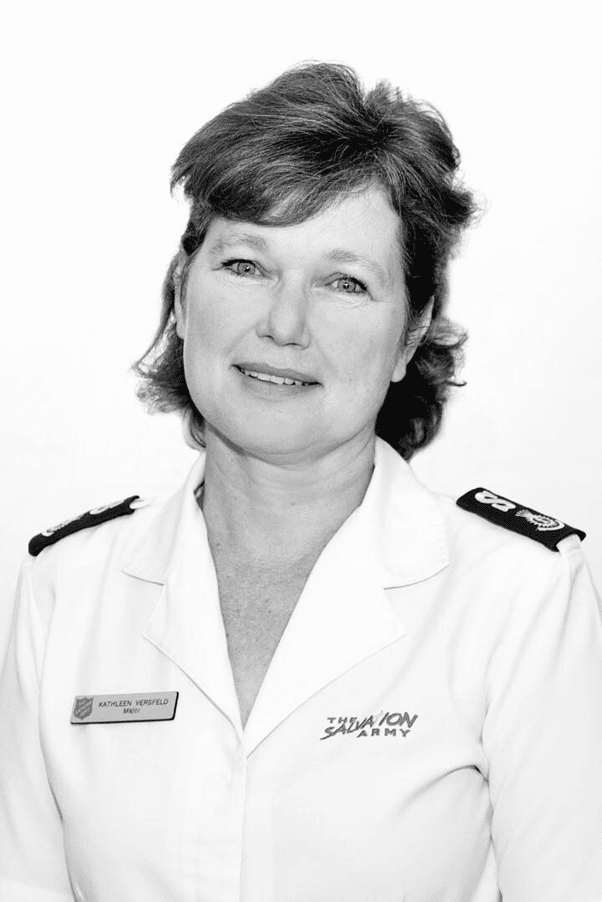
‘Dig It’ by Kathleen Versfeld #LetItBe50
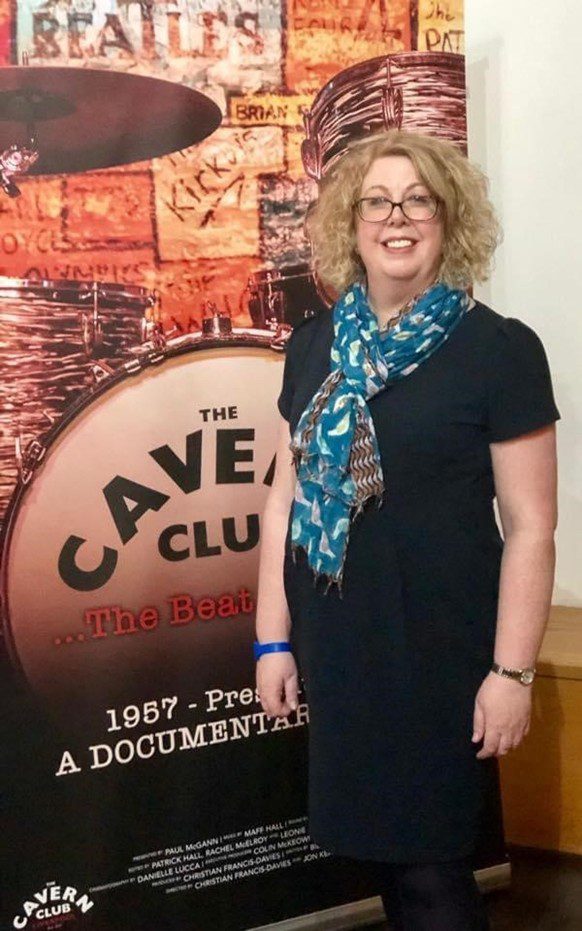
‘For You Blue’ by Jan Morris #LetItBe50
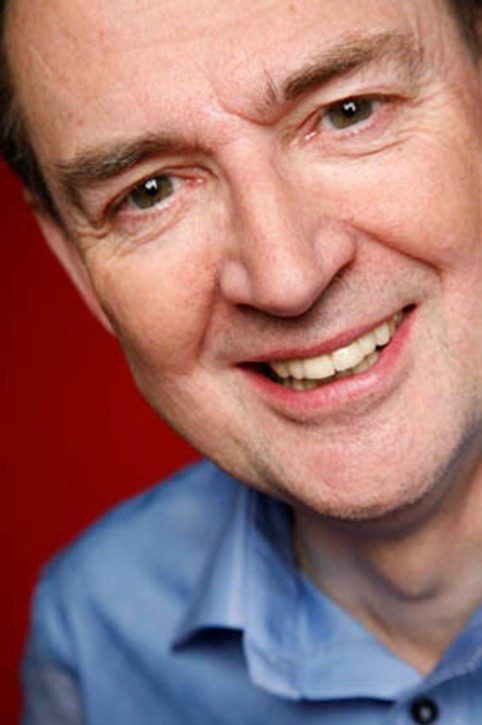
‘Get Back’ by Spencer Leigh #LetItBe50
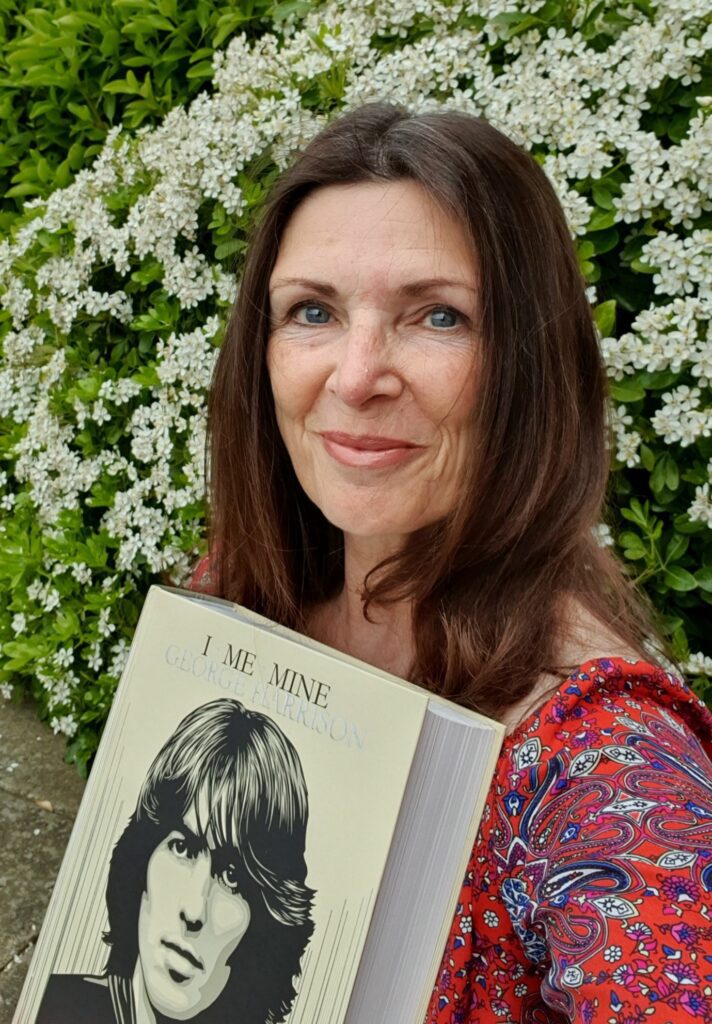
‘I Me Mine’ by Jackie Spencer #LetItBe50
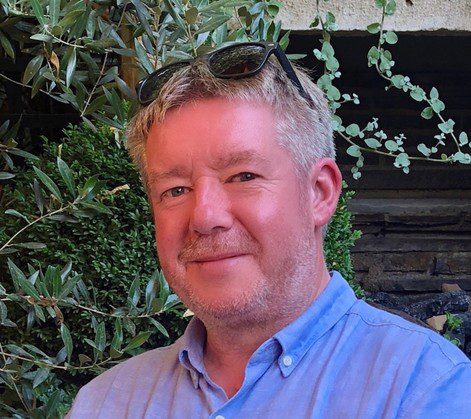
‘I’ve Got A Feeling’ by Paul Beesley
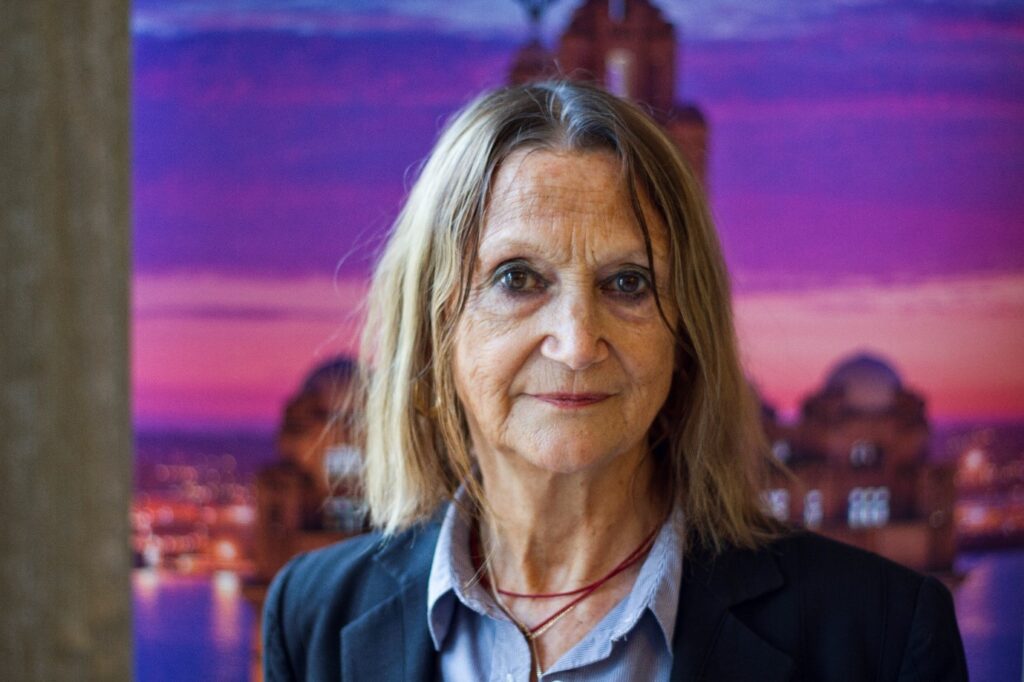
‘Let It Be’ by Julia Baird #LetItBe50
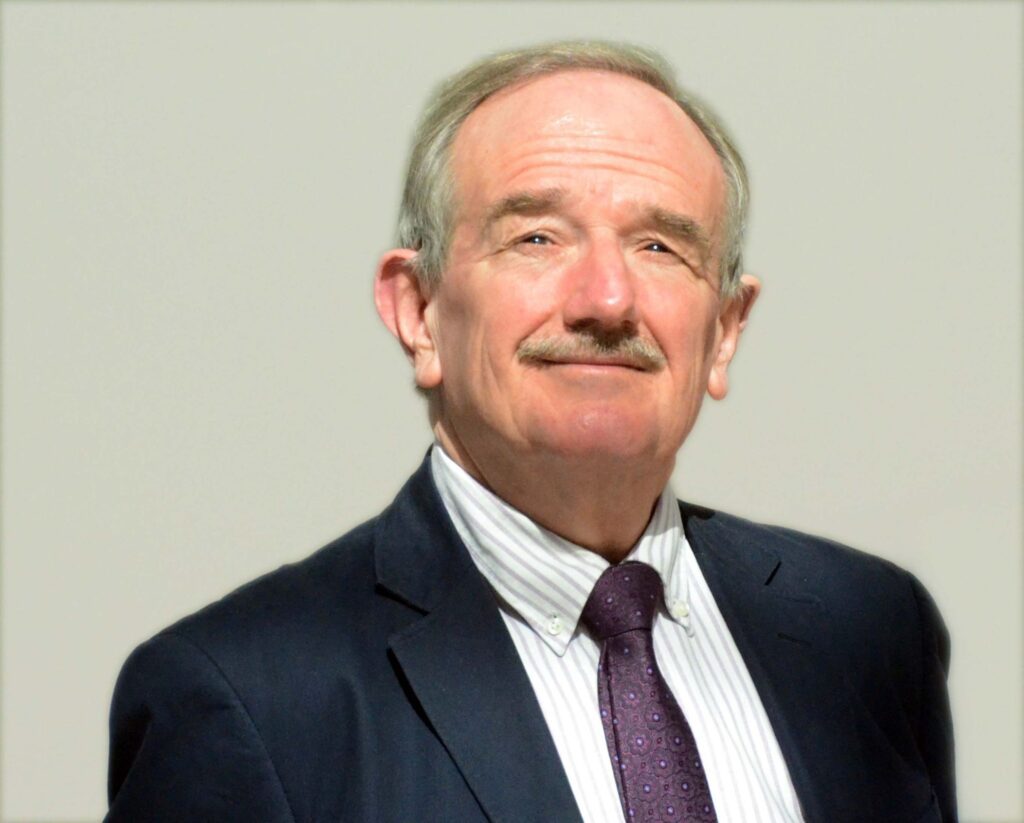
‘Maggie Mae’ by David Charters #LetItBe50
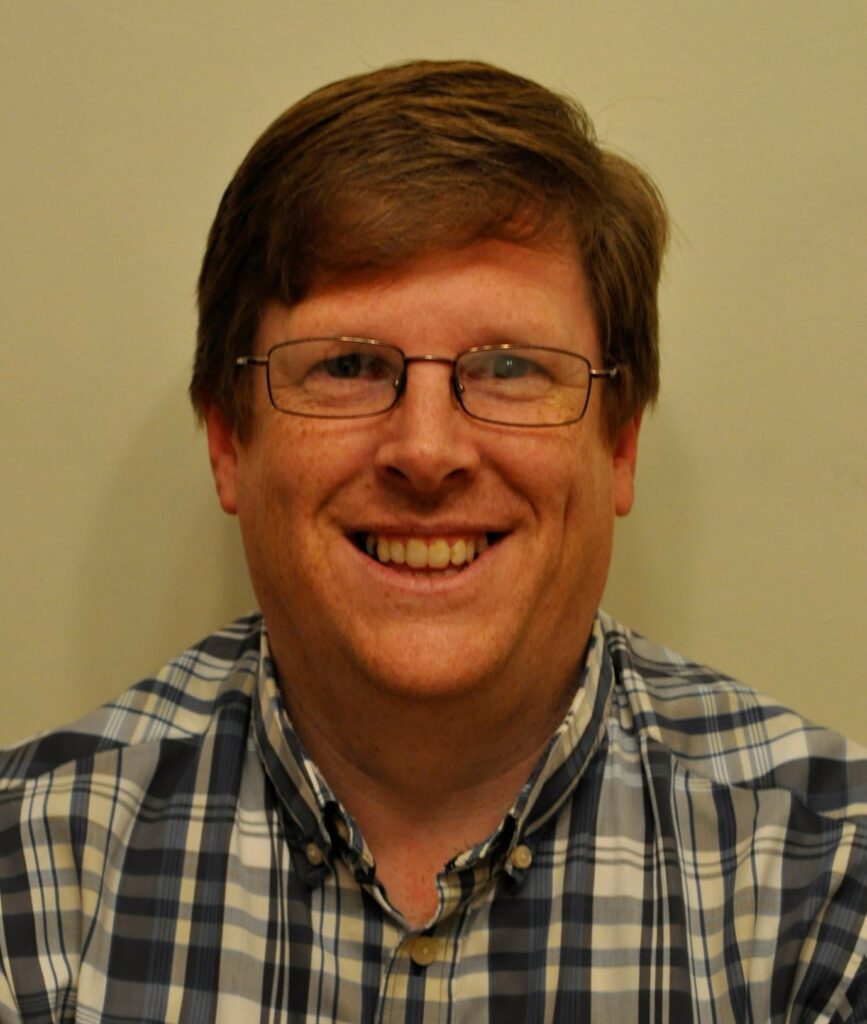
‘One After 909’ by David Bedford #LetItBe50
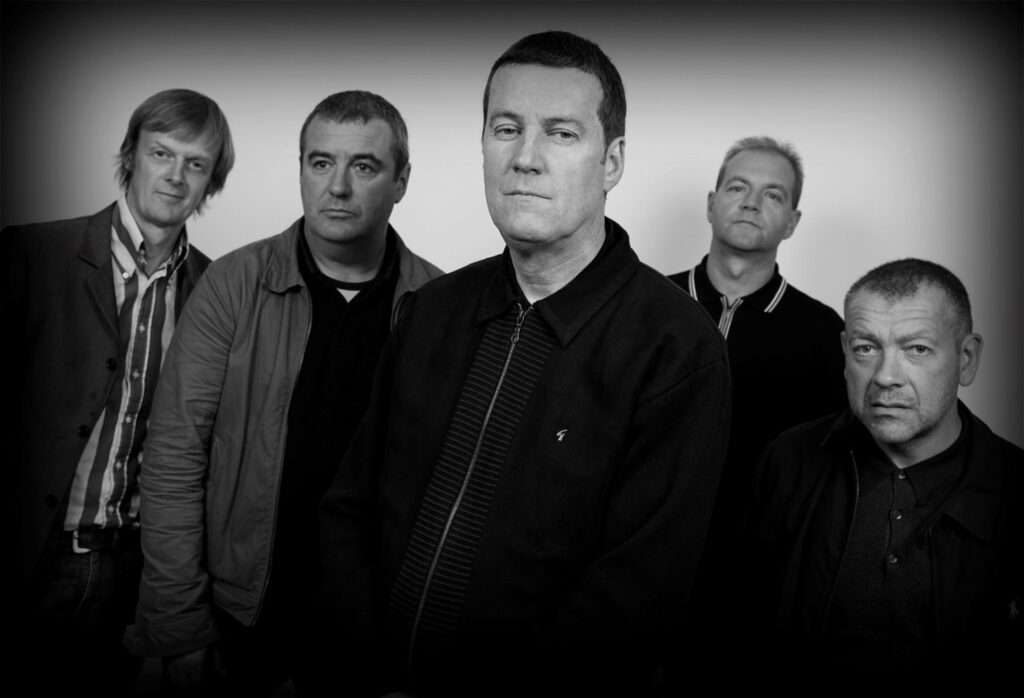
‘The Long And Winding Road’ by Peter Hooton #LetItBe50
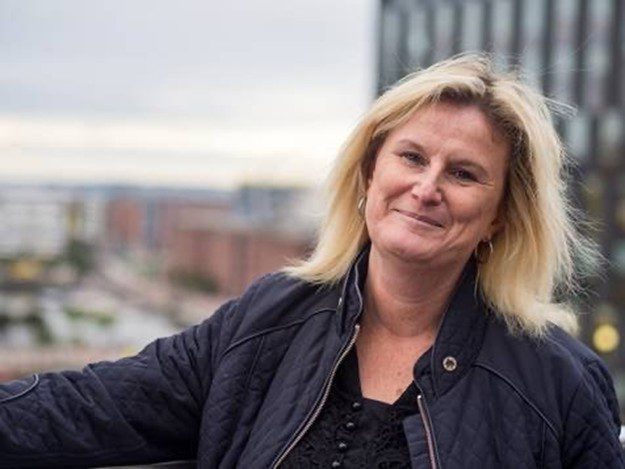
‘Two Of Us’ by Charlotte Martin #LetItBe50